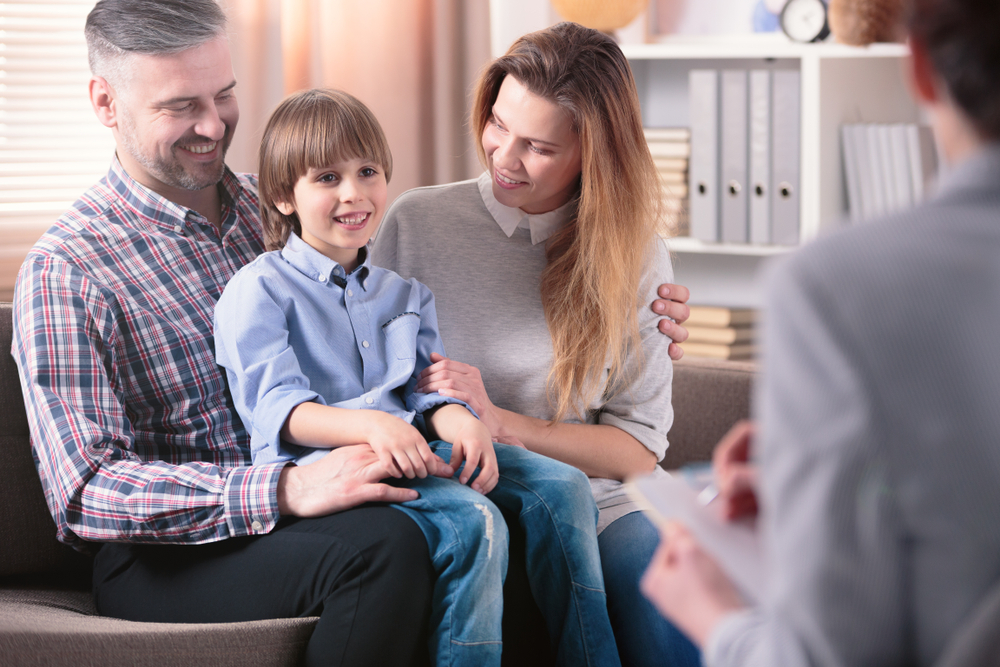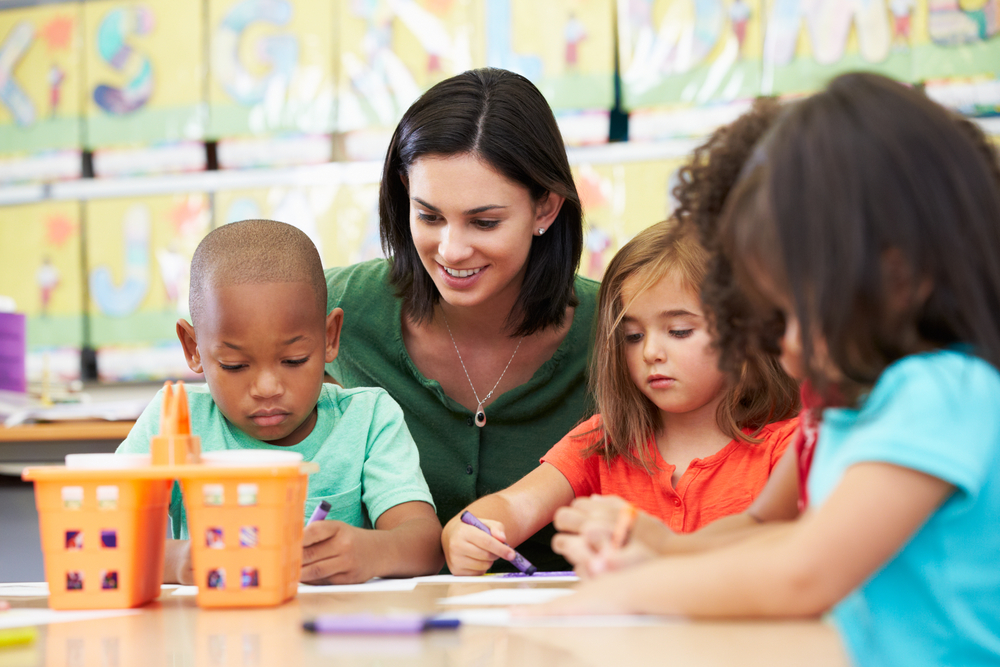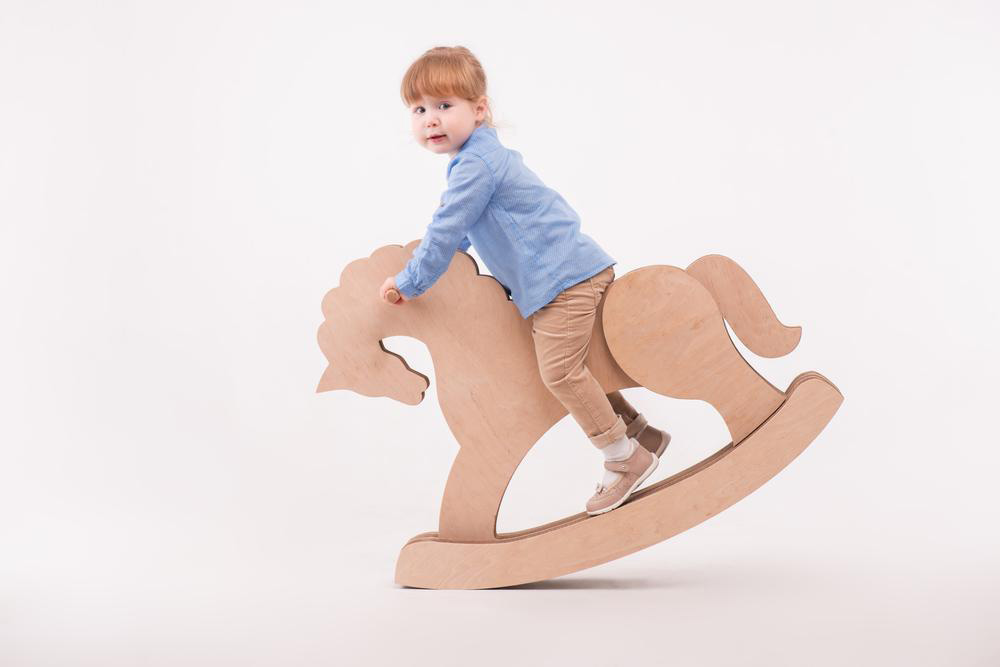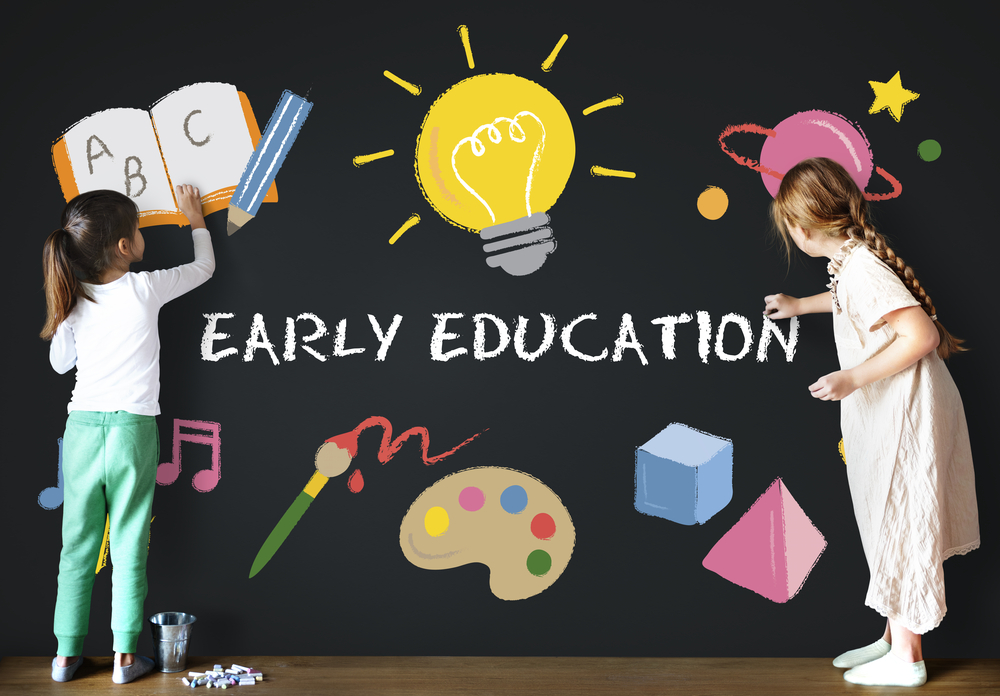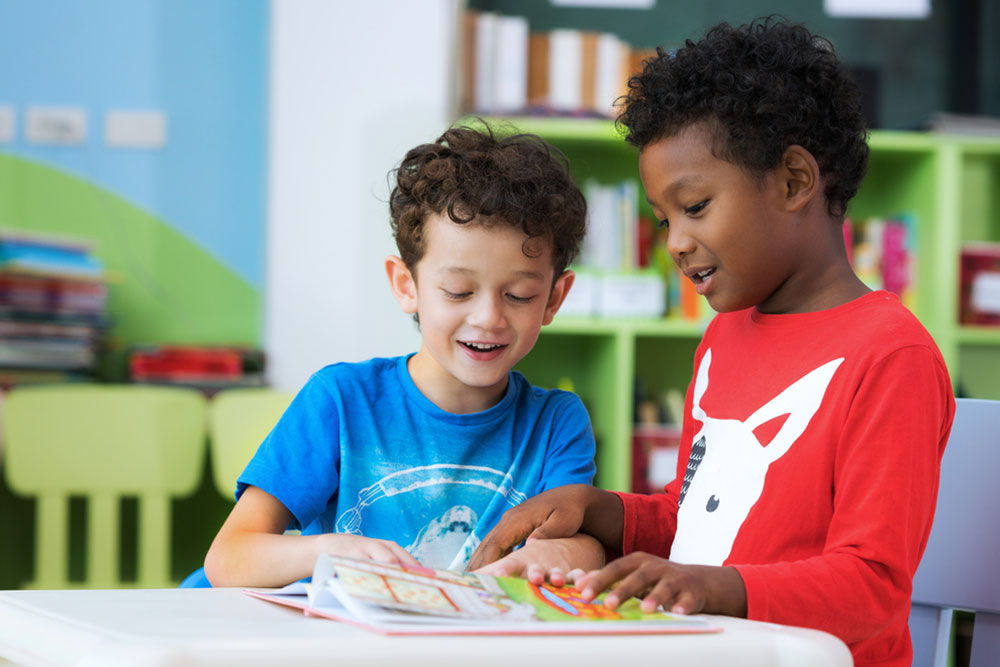Top 6 Parenting Strategies for Children with ADHD
Discover six practical parenting techniques to effectively support children with ADHD. Strategies include positive reinforcement, establishing routines, simplifying tasks, and promoting physical activity. Staying calm and encouraging verbal expression can significantly improve behavior and focus. These methods are designed to create a more structured and supportive environment, aiding children in managing their symptoms and thriving daily. Ideal for parents seeking effective ways to handle ADHD challenges with patience and understanding.
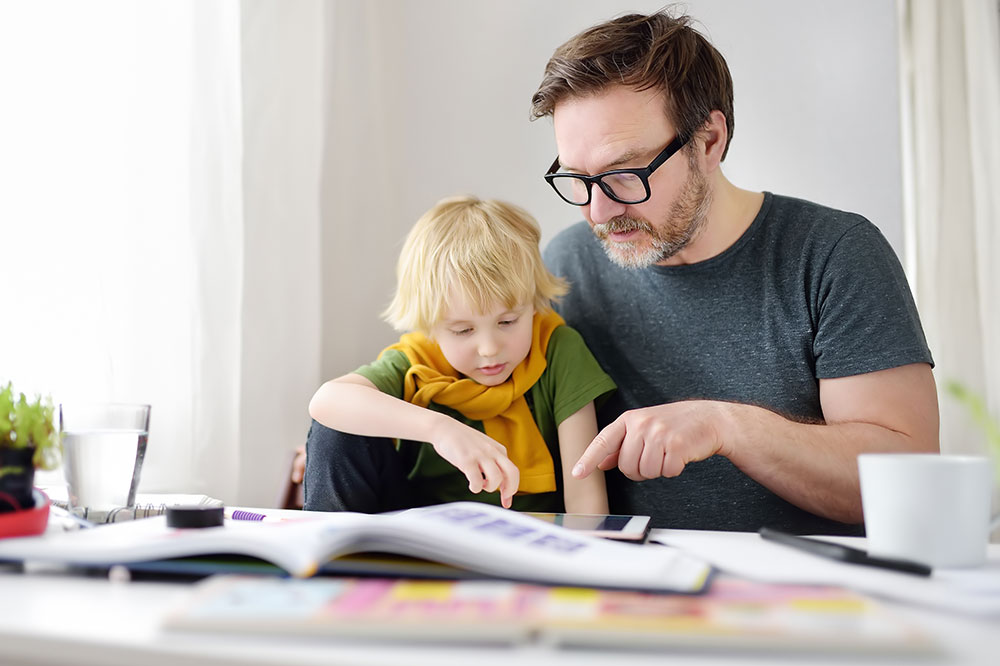
Managing children diagnosed with attention deficit hyperactivity disorder (ADHD) can be challenging for parents. Traditional parenting methods might not be effective, prompting the need for tailored approaches. Helping your child navigate daily routines, manage energy levels, and develop positive behaviors is essential. Here are six proven strategies to support children with ADHD, reduce disruptive tendencies, and foster a calm environment. Implementing these tips can improve behavior and overall well-being for both parent and child.
Recognize and Reward Positive Actions
Consistently praise your child's good behavior to reinforce what is acceptable. Positive reinforcement encourages them to repeat desirable actions.
It's equally important to address inappropriate behaviors directly, explaining clearly that certain actions are unacceptable and disruptive to others.
Establish Clear Routines
Structured daily schedules help minimize distractions. Familiar routines around homework, meals, play, and sleep provide a sense of security and predictability for children with ADHD. Simple tasks like organizing clothes for the next day can add structure.
Simplify Tasks by Breaking Them Down
Children with ADHD often struggle with complex tasks. Breaking activities into manageable steps—such as tidying their room by addressing one task at a time—makes completion easier and less overwhelming.
Encourage Verbalization of Thoughts
Having your child articulate their thoughts before acting can improve self-awareness and impulse control. This practice helps them consider choices carefully and reduces impulsive responses.
Promote Physical Movement
Regular physical activity, like outdoor play and hikes, can reduce symptoms such as impulsivity and restlessness. Exercise enhances concentration and mental health, helping children channel their energy positively. Many athletes with ADHD demonstrate that sports can be a useful outlet for focus and energy management.
Maintain a Calm Demeanor
Responding with patience and calmness is vital. Children often mirror adults' reactions; staying composed helps them learn self-control. If you feel frustrated, pause, breathe deeply, and respond thoughtfully to de-escalate challenges.
Note:
The information provided regarding symptoms, treatment options, and health conditions is solely for educational purposes. It is not a substitute for professional medical advice. Always consult licensed healthcare providers for diagnosis and treatment decisions. Use discretion when interpreting this content and seek expert guidance when necessary.

